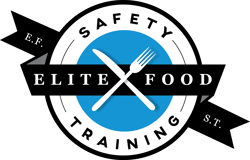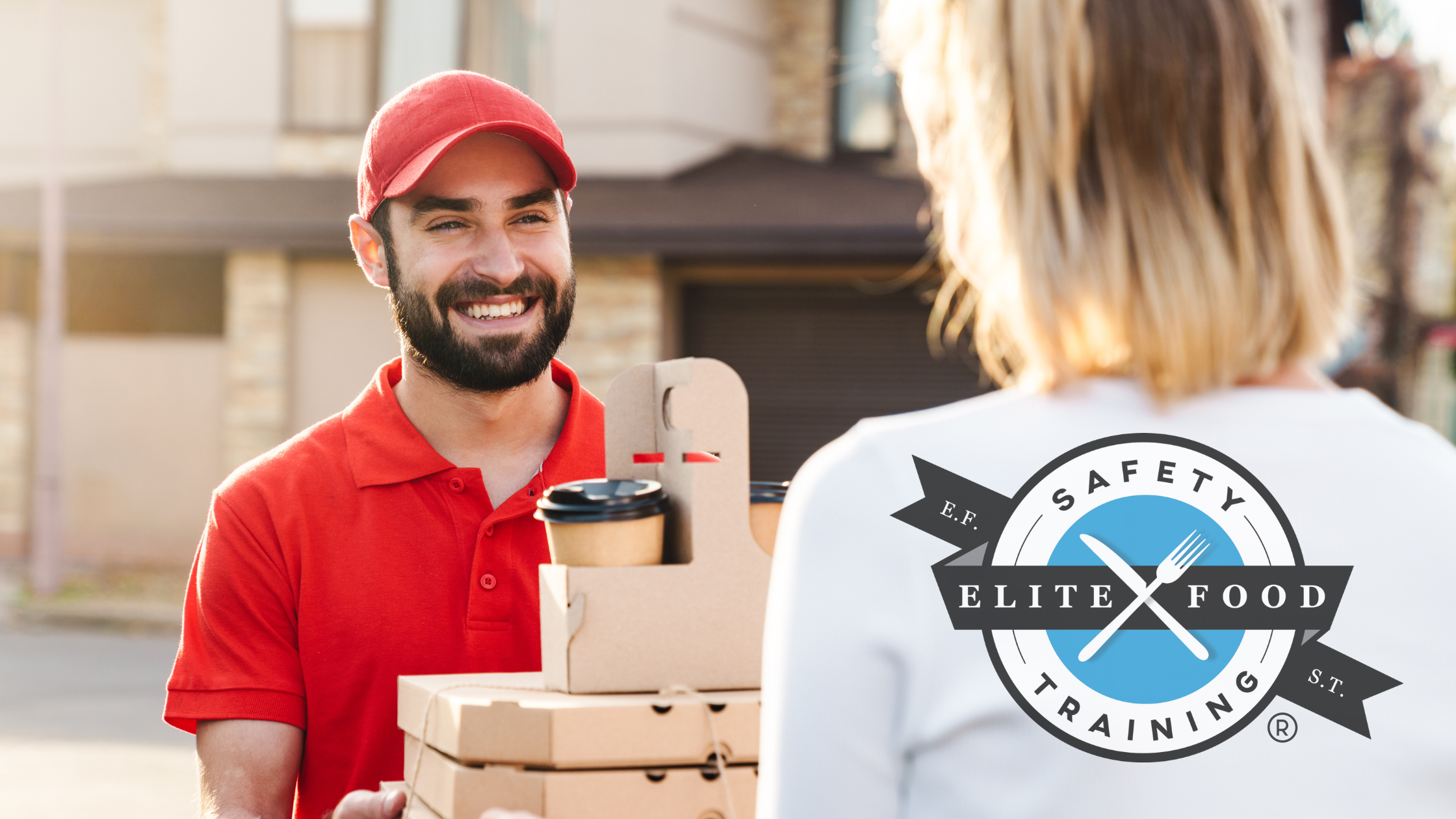Ensuring the safe handling of food in delivery apps is crucial for consumer safety and trust. Discover why food handling regulations are essential for protecting the community.
The Importance of Food Handling Regulations in Delivery Apps
Food handling regulations in delivery apps are of utmost importance to ensure the safety and well-being of consumers. When it comes to food delivery services like UberEats and Door Dash, it is essential that there are laws in place to enforce proper food certifications and strict procedures. These regulations are necessary to guarantee that our food, from start to finish, is in safe hands.
By implementing food handling regulations, we can protect our communities from potential health risks and foodborne illnesses. These regulations would require all individuals involved in food delivery to undergo proper training and certification to ensure that they are knowledgeable about safe food handling practices. This would help prevent contamination, cross-contamination, and other food safety hazards.
Moreover, food handling regulations would also help ensure that delivery drivers and other personnel are aware of the necessary hygiene practices, such as handwashing, using gloves, and maintaining proper temperature control during transportation. By adhering to these regulations, we can significantly reduce the risk of foodborne illnesses and promote consumer safety.
Challenges Faced in Regulating Food Handling Practices
While implementing food handling regulations in delivery apps is crucial, there are various challenges that need to be addressed. One major challenge is the difficulty in monitoring and enforcing these regulations across a wide range of delivery platforms and individuals involved.
Another challenge is the need for effective communication and coordination between the delivery apps, restaurants, and regulatory authorities. It is important to establish clear guidelines and protocols that all parties can follow to ensure compliance with food handling regulations.
Additionally, there may be resistance from some delivery drivers or personnel who may not fully understand the importance of these regulations or may view them as an inconvenience. It is crucial to educate and train all individuals involved in food delivery about the significance of food safety and the potential risks associated with improper handling practices.
Overcoming these challenges requires collaboration between the delivery apps, restaurants, regulatory authorities, and the community to establish a comprehensive and effective system for monitoring and enforcing food handling regulations.
Benefits of Implementing Strict Food Safety Procedures
Implementing strict food safety procedures in delivery apps can yield several benefits for both consumers and the community as a whole.
First and foremost, it ensures that the food delivered through these platforms is safe for consumption. By following proper food handling practices, the risk of food contamination and foodborne illnesses can be significantly reduced. This helps protect the health and well-being of consumers.
Moreover, implementing strict food safety procedures enhances consumer trust and confidence in the delivery apps. When customers know that their food is being handled with care and in accordance with regulations, they are more likely to use these services frequently. This, in turn, benefits the delivery apps and restaurants by increasing customer loyalty and satisfaction.
Furthermore, strict food safety procedures can also contribute to the overall improvement of food handling standards in the industry. By setting a precedent for proper food handling practices, delivery apps can influence other players in the food delivery sector to prioritize food safety. This creates a safer environment for everyone involved and promotes a culture of responsibility and accountability.
Overall, implementing strict food safety procedures in delivery apps is a win-win situation for consumers, delivery apps, and the entire community. It ensures the delivery of safe and high-quality food, builds trust among consumers, and elevates the standards of the industry as a whole.
Consumer Expectations and the Role of Tamper-Resistant Packaging
Consumer expectations play a vital role in shaping the food delivery industry, and one of the key concerns is the security and integrity of delivered food. A survey conducted by US Foods in 2019 revealed that 85% of consumers expressed their preference for restaurants to use tamper-resistant labels on packaging.
Tamper-resistant packaging serves as a protective measure against unauthorized access to food during the delivery process. It provides consumers with the assurance that their food has not been tampered with and is safe for consumption. This is particularly important in the context of food delivery apps like UberEats and Door Dash, where the food goes through multiple hands before reaching the consumer.
By using tamper-resistant packaging, delivery apps can address consumer concerns and enhance trust in their services. It demonstrates a commitment to ensuring the safety and integrity of the delivered food, which is essential for building a loyal customer base.
In addition to tamper-resistant packaging, it is also crucial for delivery apps to educate consumers about the importance of checking packaging integrity and reporting any signs of tampering. By actively involving consumers in the process of ensuring food safety, delivery apps can create a collaborative approach that benefits everyone involved.
Recommendations for Improving Food Handling Standards in Delivery Apps
To improve food handling standards in delivery apps, it is essential to implement a comprehensive set of recommendations:
1. Mandate food certifications: Delivery apps like UberEats and Door Dash should be mandated to ensure that all individuals involved in food delivery have the necessary certifications and training in food handling.
2. Establish clear guidelines: Clear guidelines and protocols should be established to ensure consistent adherence to food handling regulations across all delivery platforms. These guidelines should cover aspects such as hygiene practices, temperature control, and packaging integrity.
3. Strengthen monitoring and enforcement: Regulatory authorities should strengthen their monitoring and enforcement efforts to ensure compliance with food handling regulations. This can be done through regular inspections, audits, and penalties for non-compliance.
4. Provide education and training: Delivery apps should provide comprehensive education and training programs for all individuals involved in food delivery. This should include proper food handling practices, hygiene protocols, and the importance of food safety.
5. Encourage feedback and reporting: Delivery apps should actively encourage consumers to provide feedback and report any concerns regarding food safety. This creates a feedback loop that allows for continuous improvement and ensures that consumer concerns are addressed promptly.
By implementing these recommendations, delivery apps can significantly enhance food handling standards and ensure the safety of the food being delivered to consumers.


.png)
-2.png)
-2.png)
.jpg)
